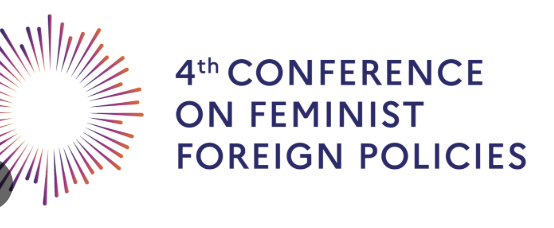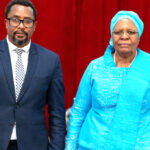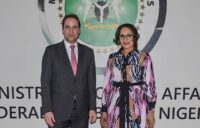As the world faces growing conflict, economic instability and rising authoritarianism, one truth stands firm — when crises strike, it is women and girls who bear the heaviest burden. Their freedoms are often the first to fall, and their rights the hardest to regain. Against this backdrop, France convened the Fourth Ministerial Conference on Feminist Foreign Policy on October 22 and 23, 2025, reaffirming a global commitment that there must be no compromise and no regression in the fight for gender equality.
The two-day gathering in Paris brought together foreign ministers, international organisations, development banks, civil society, philanthropies and researchers from across the world. Their shared mission: to defend and advance women’s and girls’ rights at a time when hard-won progress is being rolled back in many regions.
France’s Feminist Foreign Policy, launched in 2019, represents a groundbreaking shift in global diplomacy — one that integrates gender equality not as an afterthought, but as a guiding principle in every area of international relations. It asks fundamental questions: when we talk about peace and security, are women at the table? When we invest in development, are women leading and benefiting? When we address technology and climate, are women co-creating the solutions?
This approach is rooted in justice and evidence. Studies show that peace agreements are 35 percent more likely to endure when women participate in negotiations. Gender-inclusive climate policies strengthen resilience, while access to education and health — including reproductive rights — empowers entire communities.
Drawing inspiration from historic movements like South Africa’s liberation struggle, France’s feminist foreign policy echoes the conviction that true democracy and peace are impossible without women’s leadership and equality. Figures such as Albertina Sisulu, Ruth First, and Charlotte Maxeke remind the world that women’s rights are inseparable from the broader fight for freedom.
Since 2020, through the Support Fund for Feminist Organisations, France has empowered over 1,400 feminist groups in 75 countries, from grassroots defenders of reproductive rights to digital activists combating online harassment. In 2024, the launch of the Laboratory for Women’s Rights Online marked another milestone — the first global initiative tackling technology-facilitated gender-based violence.
In March 2025, France deepened its commitment with a new International Strategy for a Feminist Foreign Policy, embedding gender equality into responses to conflict, climate change, digital transformation, and artificial intelligence.
Yet the urgency remains stark. Conflict-related sexual violence has surged by 50 percent in the past year. Millions of women still lack access to basic health and reproductive services. And if current trends persist, the world could take three centuries to achieve full gender equality.
That is why this conference was more than a diplomatic exercise — it was a global call to action. It reaffirmed that feminist foreign policy is not merely about women; it is about building fairer, safer, and more peaceful societies for all.
In the words that echoed throughout the Paris gathering, “When women’s rights are under attack, silence is not an option.” Feminist foreign policy stands as a united front linking Paris to Pretoria, Dakar to Delhi, Bogotá to Bamako a movement proving that solidarity, not silence, is the true foundation of global equality.














Leave a comment